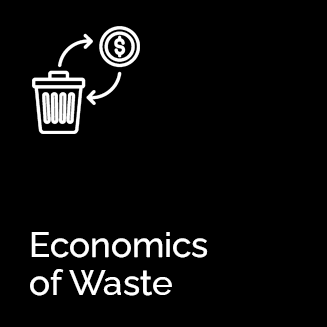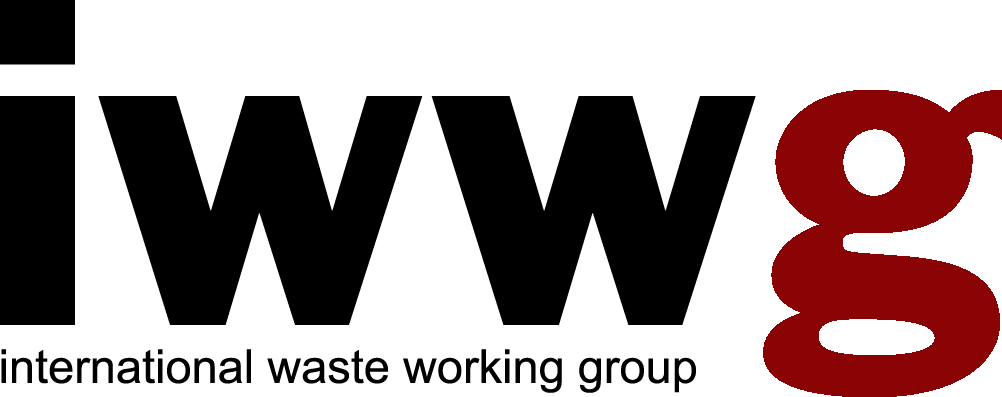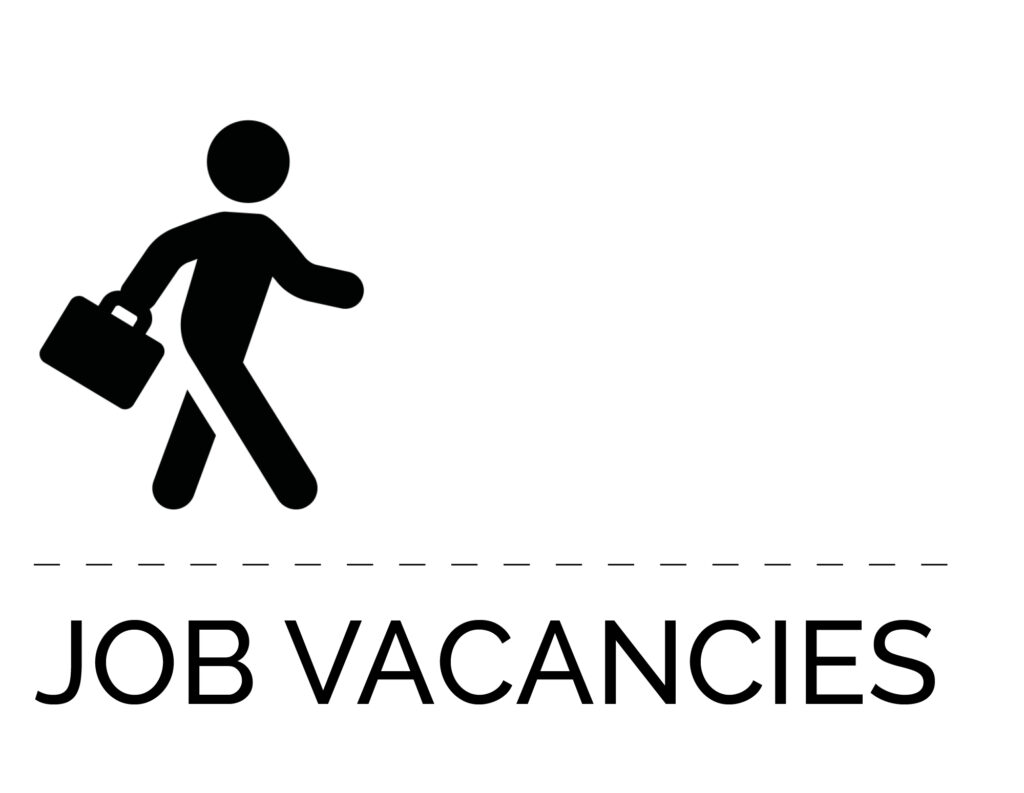
Task Group Leader:
Jan Slavik, Czech Republic
Contacts:
Jan Slavik
Jan Evangelista Purkyne University, Czech Republic
e-mail: jan.slavik@ujep.cz
Background & Scope
The main purpose of this Task group is to increase awareness about economic way of thinking when analyzing waste management issues. In the current waste management research the economics is downgraded on cost analysis very often, neglecting the human behavior and economic ways of thinking in general (e.g. public choice theory, institutional economics). Looking for ways how to enforce economics (incl. its applications) in the waste management research and how to demonstrate its usefulness will be the main aim of the Task group.
Activities
It is proposed that this task group will meet at least once per year at any IWWG conference. It is expected that the task group will participate in the following activities:
- Common research activities (e.g. Horizon 2020);
- Common publications (based on the aim of the Task group the waste management journals will be preferred);
- Exchange of experience with the education (e.g. exchange of students, researchers);
- ‘Economics of Waste’ conference (in the long-term horizon).
Outputs:
We propose to produce the following outputs:
- Editorial about ‘Economics of Waste’ for Waste Management Journal
- Workshop about ‘Economics of Waste’ during some of IWWG Conferences
- Other publications and research
Members and Membership
Task group members have to be (or will have to become) IWWG members. The following is a preliminary list of potential TG members:
Peter Beigl, University of Natural Resources and Life Sciences (AT)
Bernardino Benito, University of Murcia (ES)
Germà Bel, University of Barcelona (ES)
Raymond Gradus, Vrije Universiteit Amsterdam (NL)
Rui Cunha Marques, University of Lisbon (PT)
Gemma Pérez-López, University of Granada (ES)
Kristyna Rybova, Jan Evangelista Purkyně University (CZ)
Jan Slavik, Jan Evangelista Purkyně University (CZ)
Jana Soukopova, Masaryk University (CZ)
Structure and operation mode
It is anticipated, as membership within the group increases, that smaller committees will be formed. These committees may meet via online tools in between the larger group meetings.
Future activities
To be announced.

